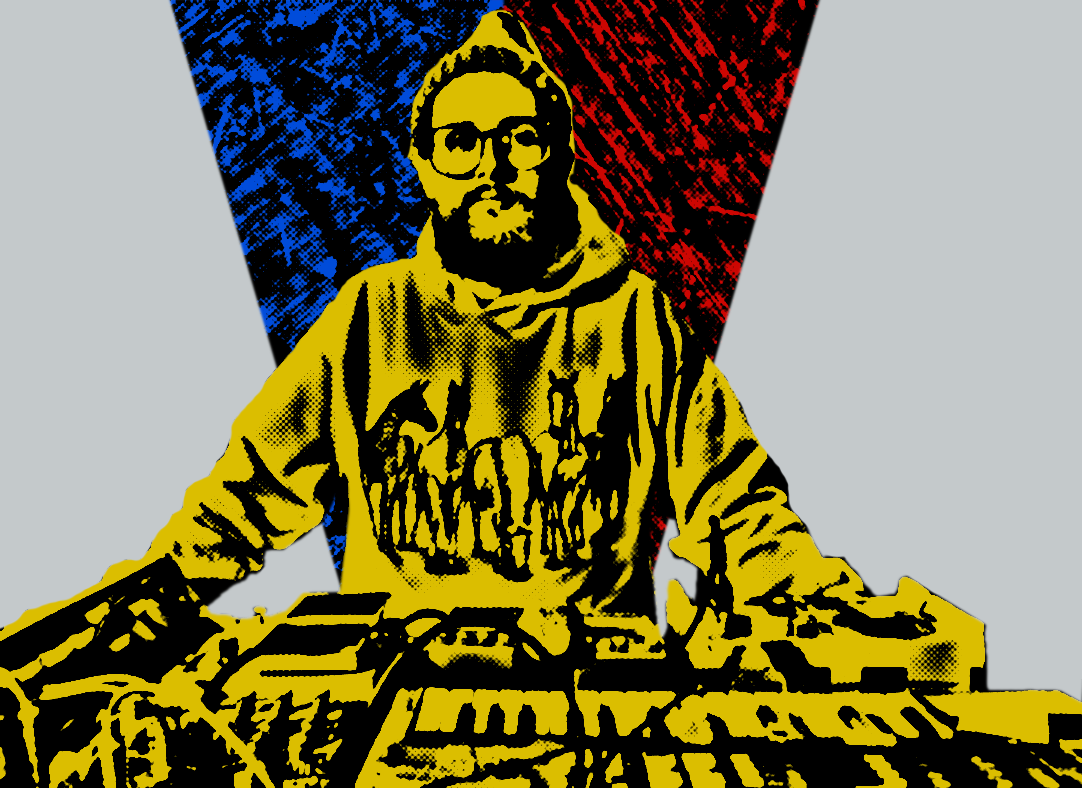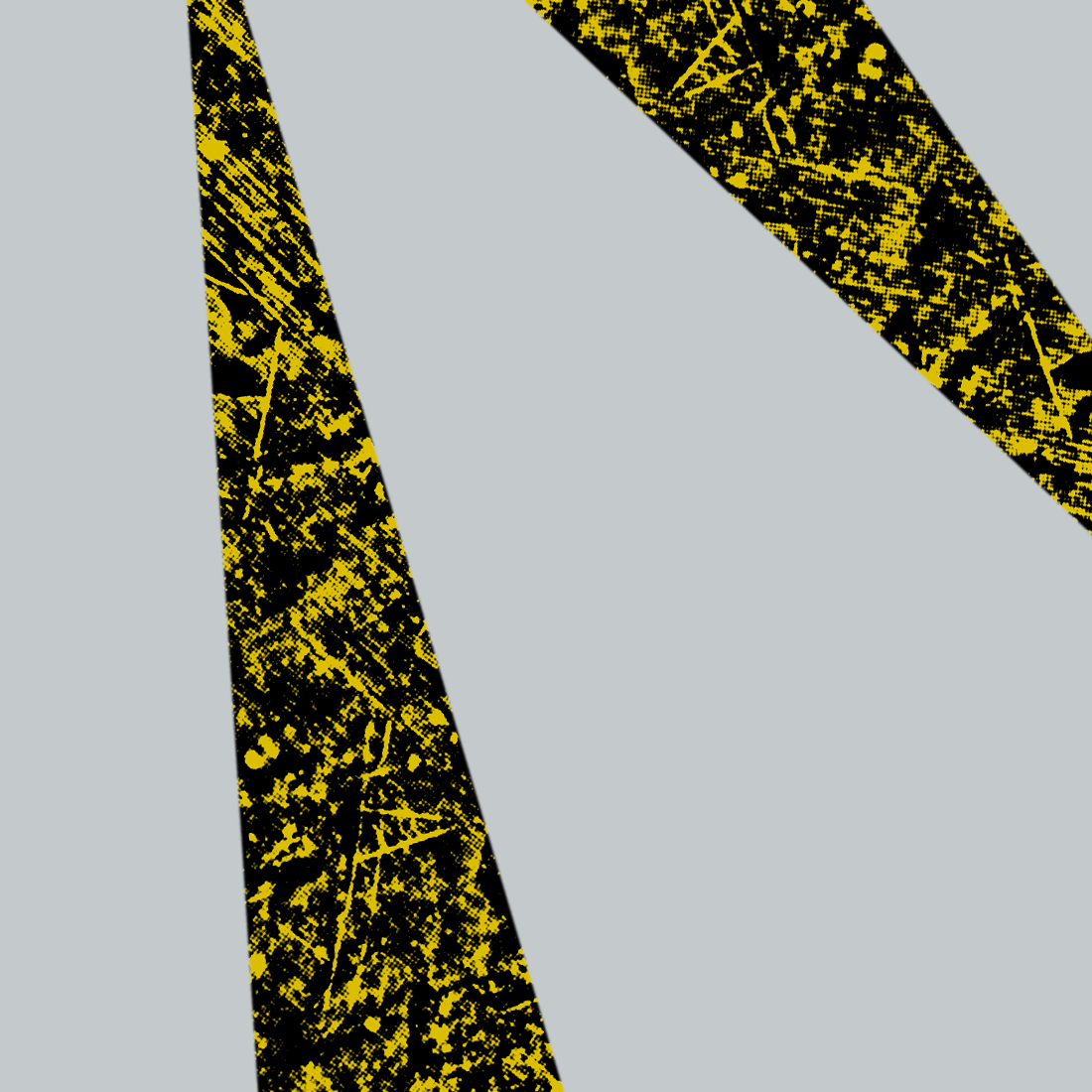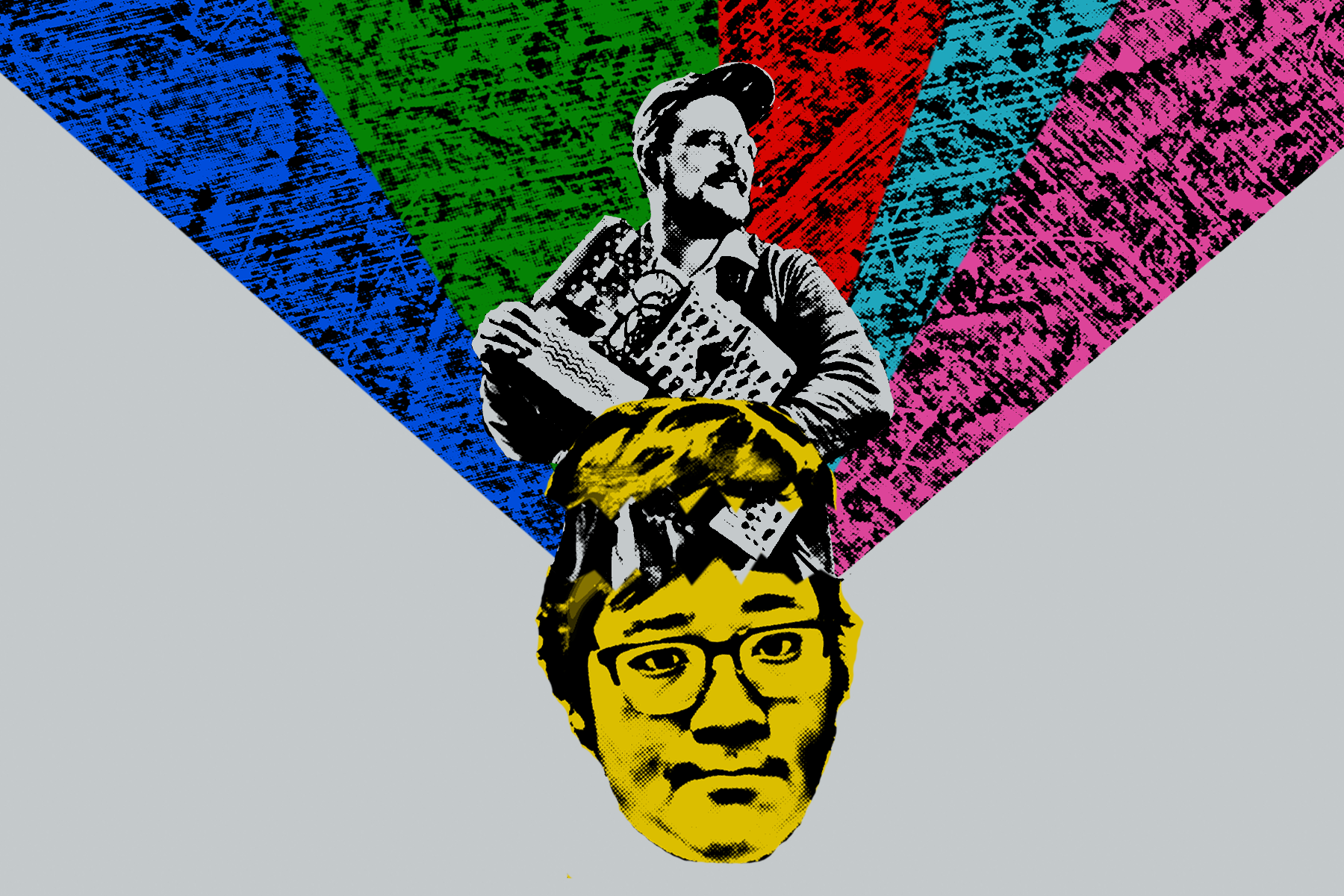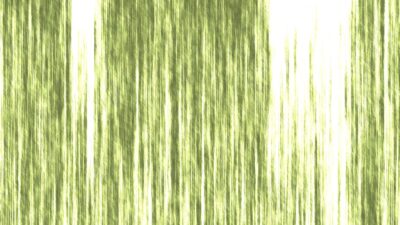On March 3rd of 2019, at 5:15 AM, my father and I stood close to my mother as she passed away. Blood rushed out of her nose, and as life left her body, I couldn’t help but imagine an infinity blossoming within her mind. And accompanying that thought was a sound of glistening euphoria, indicating bliss of an unknowable origin, but hopefully a happier form of rest. While I fell out of Catholicism in high school, my mom only got more steadfast in her faith as life went on. We hadn’t always gotten along, and split apart in many ways like this. But I hope she’s enjoying Heaven right now, whatever that may be or mean. In many ways, I hope that’s what the noise in my heart signaled: an ascension, or transference to something, anything better than this suffering. I will never forget that sound.
It’s been about a year since my mother left us. Life feels like a video game that is broken to some degree. Something glitched and now the textures, maps, and A.I. all feel off, and the proper course of action should be to load a save to before everything went to Hell. Regrets glow stronger in the heart and soul; that just happens organically. The hole in my spirit gestates, growing and shrinking randomly at a whim, but never seeming to heal itself. I’m not trying to fool myself into thinking it’ll ever fully heal, as if I could fix my feelings or bring my mother back; life has shown its cards and we can only, hopefully, take the losses as they come, and simply get better at acknowledging their occurrence. Mindfulness and awareness of our emotions do not come naturally to everyone, and perspective is something we have to learn or teach ourselves (with hopefully a little selflessness in the tank). I’m far from enlightened, but the pain and potential of humanity has always gotten a rise out of me, helping to understand or try to understand how people ultimately cope, and the beauty in such imperfect but noble attempts. Over the last year or so I’ve gained a personal, albeit minor, interest in psychology because of my fascination with the dramatic arcs and dealings of storytelling, becoming obsessed with the nature with which you can depict grace notes of empathy through the architecture of a song or film.
—
Through my adolescence and into my current life, I’ve found solace in art. I didn’t try therapy until my junior year of college, and I barely grazed the surface at that point. But the mediums of film and music have always grabbed my attention, almost-labeling or bringing to life feelings of anxiety, insecurity, depression, and loneliness that flutter across my heart and mind. I took religious appreciation for certain artists and forms, for how they spoke to me. MORAL OREL’s darkly satirical look at pain and trauma was once radical and thrilling, but unfolded into a beautiful, twisty tale of empathy. I fell in love with “mumblecore” movies in high school, admiring their slice-of-life quality, and the “aw shucks” tempo with which films by the likes of Joe Swanberg and Andrew Bujalski carry themselves. I admired the lo-fi poetry of depicting bad days and people powering through their lowest moments, the music of John Darnielle and The Mountain Goats in particular painting portraits of flailing, endearing individuals mending broken hearts, finding the strength to accept their stations in life, and to attempt to persevere after it all. Works like these almost became totemic mantras for me, reminding me of hope in the throes of life’s chaotic moments. I found, and continue to find, redemption in fringe art, but none more overwhelming and all-consuming than the music of Dan Deacon.
Deacon’s work always barrels towards some sense of euphoria, crafting worlds and momentum that inspire vivid, mutated images and flashes of rainbow-lit phosphenes in the minds of people willing to dive in and let his musical whirlpools take control.

Through the end of my time in college and into post-grad malaise, I was getting seriously into the music of the Baltimore-based composer and songwriter. He’s been a strong presence in the American indie rock and electronica scenes since the mid-to-late 2000s with off-kilter dance jams like “The Crystal Cat.” You might also know him as the guy who performed the comedy routine “Drinking Out of Cups” (no, it was not a guy stuck in a closet on acid), and perhaps you might’ve seen some of his work on Adult Swim. His art is admittedly of a certain taste; it’s often challenging, but frequently deeply rewarding, especially for adventurous listeners who are willing to give in to his mad scientist creations. Having studied classical composition at SUNY Purchase and taken after avant-garde, minimalist composers like Philip Glass and Steve Reich, Deacon takes experimental approaches to electronic and pop music, notorious for heavy and mathematical drums, player pianos firing off complex chord progressions at the clip of a submachine gun, and twinkling, major key synth arpeggios galloping atop one another. Needless to say, Deacon’s work isn’t the easiest-listening music in general, let alone considered a balm for the usual cases of anxiety, depression, and eventually, grief.
Yet more than pure sonics, what made Deacon stand out to me as an artist were the ways in which he weaponized these feelings rooted in fear, making them come to life through his colorful musical palette, and produced journeys of growth, triumph, self-reflection, and the acceptance of the aches we’re dealt in life. There’s a visceral nature to his work that rides the line of utter chaos and towering, deeply detailed charges of bombast and power. This is music that reveals layers and layers of detail not only production-wise, but in that of its heart. You can feel the care stitched into each track channeled through subtle, melodic flourishes and angelic choirs. Deacon’s work always barrels towards some sense of euphoria, crafting worlds and momentum that inspire vivid, mutated images and flashes of rainbow-lit phosphenes in the minds of people willing to dive in and let his musical whirlpools take control.
Perhaps the best example of his work, and the song that caught my heart and mind in the first place, is 2015’s “When I Was Done Dying”; it’s a mammoth musical piece, filled with propulsive tribal drums, neon waterfalls of marimbas, echoing firework-pops of electric guitar, and roaring, bright waves of synth, adding up to a cathartic, existential roller coaster I wanted to ride over and over again. It’s a tale filled with absurdist humor, colorful imagery, and endless fountains of empathy that colorfully chronicles a journey through birth, death, and reincarnation. Our hero is launched through to the other side, humanity stripped and torn from their being (save for their shirt), as they’re reincarnated as a tree, and its fruit, and its seed. The Earth looks down upon them, taunting, before further blasting them into the explosive and unpredictable cycles of existence. Massive horses, ladders made of mouths stacking up toward the moon, and giant-yet-polite crabs riddle the adventure with the charm of a Miyazaki film. The song reaches personal masterpiece status with the closing of its second verse, wherein the hero, when asked by the Earth if they’ve had fun in this life, apologizes for any hurt they may have caused others. They’re comforted and primed for blast off once again, tired and possibly filled with fears and regrets, but ready to live it all over again anyway.
Music like Dan Deacon’s is almost embarrassingly sincere, an aching at its core. The second song of his that pulled me in and didn’t let me go was “Learning to Relax”; an anxiety-inducing dance track that takes itself apart midway through, then builds itself back up on the foundation of a desperate plea from its protagonist to be taken out of their mind. It’s a thrilling tune, with a hurried BPM and lyrics longing for time to connect, going for a ride and hearing the voice of a loved one as clear as tree branches shivering in the evening wind. This is a love song, but its romance is cosmic. Through its synths, you can feel the stars above shining and blinking like the lights of cars passing you at light speed with your glasses off. Deacon croons lyrics of time stopping at one’s simple arrival, and gradual engulfing of one’s whole heart and mind. The song’s second-half crescendo is perhaps my favorite thing Deacon has concocted throughout his whole career. A crunchy, high-octave guitar is bolstered up by three glitchy, sampled voices climbing all over each other into an anxious but steady flow, and he simply repeats “Just take me out of my mind.” At the time, I heard “You took me out of my mind,” the rush to the finish line triumphant as Deacon reiterates the heft with which he is driving this train with his partner into full, kaleidoscopic bliss.
—
Deacon’s music is a heavenly serotonin rush that leaves me floating, and often now leaves me thinking of my Mom and the most joyous potential of childhood.
I fret often, like a lot of my peers, about the disappearance of my youth, and of the carefree nature that we could rarely fathom as it passed through us. Time’s become something to fear and desire in equal measure, and considering how to navigate my way into a healthy future just adds weight to the malaise of my grief. Songs like “When I Was Done Dying” and “Learning To Relax” have been safety blankets to me, painting words of understanding and unabashed, spiteful hope in the prettiest and warmest colors possible. Music like Dan Deacon’s has been, and can be for many, a gift; primal, dense transmissions of frank, unconditional care. The intensity of his work can function like immersion therapy for the hefty and unrelenting nature of anxiety. It’s been a balm for me since college, and even more so in the wake of losing my mother, and often my best bet for talking myself out of spirals of self-hatred that can be hard to escape.
The lyrics came as a shock to my system, a heavy flow of love and appreciation flooding as the drums and crackling synths lifted me up as I wept, feeling the presence of my girlfriend, my family, my friends, and my mother. Deacon celebrates life at its grandest.

I love my brain and its instinct to self-punish, and assume that I was not a good-enough son. Self-love in a non-destructive fashion is not something I am inherently built-in with. I binge-eat, have a history of hitting myself when I mess something up, and have a tendency to isolate myself—maybe my mind thinks it’s just safer to keep everyone and everything at a distance. But when the one person who might just love you the most over anyone else in the whole wide world is no longer here, the regrets can stack up. You fixate over what was done, and what wasn’t. You imagine the adrenaline and elation rushing through her mind as you were born, up against the times you ostensibly tried running away. Why did I spend so much of my young adult life fighting to free myself from the most loving parents anyone would be lucky to have? There’s no use in entertaining the depressive, chemically imbalanced mindset that turns me into a WE NEED TO TALK ABOUT KEVIN-esque demon child. I didn’t know what I was doing. I was a literal child. I technically still am, in many ways. My parents did their best, and so did I. It’s messy and hard to sift through the noise, but there are bright spots. There always have been, and they’re worth cementing.
—
Deacon’s newest album, MYSTIC FAMILIAR, is perhaps his best-packaged exploration of these sentiments, taking all of his sincerity and compositional ambition and crafting a thorough narrative of want, struggle, and transcendence. Taking after the success and public appreciation of “When I Was Done Dying,” he offers the chance to personally overcome and partake in a rushing swell of motivation and existential support through his most cohesive and connective set of tracks yet. He sets us in the mortal realm, with a hero struggling in surviving modern living, deeply unsure of themselves and the future. They wake up day-to-day, a little hopeful, but a little weary, of the pain we’ve been through and that we’ll continue to endure. Upon the break of a new day, unsure of how it’ll treat us, we can’t help but wonder if we could actually seize it, or end up powering through by keeping our heads down and scrolling on our phones. Unrelatable.
Deacon introduces the album’s titular concept and character(s), the MYSTIC FAMILIAR. In his own words, think of Merlin’s owl or Sabrina’s cat Salem: a magical figure that can communicate with our hero telepathically, for support, simple ribbing, or asking deeper questions about existence. These figures are portrayed by Deacon with his usual vocal modulations, while the human figures sing their pieces without effects, which is a big first for him that pays off very dearly in massive, vulnerable swings. Deacon has said, regarding the familiars, that they are surrogates for self-introspection, often portraying harsher feelings of doubt and despair, sometimes being somewhat of a trickster figure, and in sweeter strokes, a sentient presence of self-love and reassurance. They appear in the wild, guiding the hero in becoming one with nature be it turning into a mountain, having a drunken dialogue with a sassy tree, or closing our eyes and letting the chaotic waves of the ocean overtake us. To have a piece of art actively be about giving yourself credit, or a break, when the going gets tough, and in such a thrilling and cathartic fashion, lifted my spirits.
Saying goodbye takes courage, and will always reveal sincerity one way or another. Dan Deacon leans into it with his music, which makes staring into the unknown a little less scary.

My first night with MYSTIC FAMILIAR, I smoked a joint, popped on some headphones, and let it take me where it needed to go. It might’ve been the perfect album to drop at this exact moment in my life. It’s loaded with an anthemic heart, and produces a journey of repair and a galactic sense of positivity and motivation. Lead single “Sat by a Tree” and the album’s four-part set-piece “Arp” painted both a life lived to the fullest slowly trying to rise to the occasion while also communicating an endearing sense of longing and heart-shattering romance. Desperate pleas of not wanting to wake up and for the good times to end on the former track resonate harder and harder with each listen; I can feel the tipsy heartache coursing through the jubilant song’s weepy strings and playful bassline. The lyrics of “Arp I: Wide Eyed” came as a shock to my system, a heavy flow of love and appreciation flooding as the drums and crackling synths lifted me up as I wept, feeling the presence of my girlfriend, my family, my friends, and my mother. Deacon celebrates life at its grandest here, pumping blood as hard as possible as the Earth crumbles around us, pushing us closer to the spirits who keep us breathing; I don’t know where I’m going or what I’m doing most of the time, but these songs help me feel like I have some sense of direction in this unpredictable go-around.
The back half of MYSTIC FAMILIAR is unrelenting, starting with the haunting and melancholic instrumental “Weeping Birch.” “Fell Into the Ocean” is a techno-tropical jaunt, Deacon taking inspiration from his own usage of “Under Da Sea” as a pre-show heater and inserting his own flavor of dreamlike journeys into the depths of nature’s mysteries with goofy aplomb. Its words have blossomed to me over time, asking us to give some credit for being stronger than we realize: “The fire inside is brighter than you think.” Deacon based a lot of this work on his own experience with stress addiction and subsequently meditation and therapy. The album doesn’t endlessly wallow, instead molding supportive and constructive mindsets into an exciting, somewhat action=packed, sleeve, something akin to the last 15 minutes of the Wachowski Sisters’ SPEED RACER with hurricanes of color and sound chock-full of emotional truth and idealism.
—
Saying goodbye takes courage, and will always reveal sincerity one way or another. Dan Deacon leans into it with his music, which makes staring into the unknown a little less scary. When he does explore pain and loss in an upfront, earnestly poetic fashion, the vulnerability is hard to mistake for vapid condolences as opposed to pure shots from the gut. The penultimate track, “My Friend,” plays out as almost a sequel to “Learning to Relax,” though the subject of love this time is on its deathbed, looking back on life as an absurd ride with a sense of cheeky derision that eventually climbs its way into triumph. I appreciate the artistic move of a chorus screaming in powerful unison about being alive in the face of life’s unexpected and painful twists and turns. Leaving this mortal plane in high spirits, “My Friend” expresses boundless outpourings of appreciation on an existential level. It’s hard to imagine anything more hopeful without becoming aggressively maudlin. Deacon already evokes the melodic vibrancy of a gospel song with one of his refrains (“like a light in the dark”), but it works within the confines of his palate whilst also being so unabashedly sweet.
All my worries and fears and hopes and ambitions might end up being for naught, but the time we can spend with those important to us, while we have them, has an immortal quality. Deacon turns existential terrors and fears into visceral experiences to weather, emulating an acceptance and launching pad for seizing one’s own potential in the darkest of times.

As an agnostic with shredded Catholic roots, I often can’t help but imagine God’s presence. When things go well, I start to wonder if there is some divine poet driving the molecules around us to act in perfectly ironic strokes of luck and chance. When things don’t go well, the concept of chaotic nothingness creeps back in. For the sake of my mother, despite any and all of the things I’ve done that have made me glad there isn’t a Hell, I can’t help but wish for her own Heaven to be the reality that binds is all in the end. As an individual human being, I can imagine her hopes, wants, and wishes as she grew up. In our later years together, I became a huge part of her heart, I’m sure. She wanted to go to escape rooms. We never did. I started going to them with friends lately, and in loving them, I can’t help but feel absolutely terrible. I wish there was more time. But there isn’t. Things end, things will begin again. It’s an infuriating yet hopeful cycle that I’m just now trying to learn to celebrate.
Dan Deacon, of all artists, knows that this all will not last long, and that this is perfectly fine. Perhaps most of his career up to this point has been about grappling with this fact. There is an apocalyptic bend to his worldview that’s been there since his first album on an Earthly level. His 12-minute anthem “Wham City” contains lyrics he no longer sings live, about hoping that humanity is indeed wiped out, and that the world returns to the bees and trees as it rightfully belonged. His sophomore record, BROMST, is practically about the end of the world, filled with beasts, acid rain, ghosts, and begging for courage to love an oncoming storm. Perhaps my favorite example of this worldview and praxis in his work is within the 20-minute long electro-orchestral suite USA, where the refrain “Nothing lives long, only earth and the mountains” bookends the piece. Its final act has Deacon triumphantly belting out the following lyrics:
“I see the hillsides
Burning in flames
Everything’s gray
Nothing remains of
Places I loved
Nothing’s green
Nothing grows
Everything burned
Everything was
Leave the light on for me, I’m coming home
Hell if I know places I shouldn’t roam
Things that I love fade out past my view
The times are racing now, I’m just glad I spent them with you”
His artistic approach to confronting death is, admittedly, playful, albeit spiritual and undeniably hopeful despite the grim outlook. With the world slowly crumbling around us, and a huge part of my heart gone missing, I can’t help but think of these lyrics over and over again as mantra, something to scream in my car when I’m feeling the emptiness gestate. Even before my mother passed, I found myself driving, thinking about the inevitability. This song came on and shot through me like a reminder from some other entity. It’s like an ode to our downfalls, and the undeniable power and worth of our efforts in the first place. I don’t know where we’re going or what I’m doing, but I’m so thankful I got to have my mother at all. All my worries and fears and hopes and ambitions might end up being for naught, but the time we can spend with those important to us, while we have them, has an immortal quality. Deacon turns existential terrors and fears into visceral experiences to weather, emulating an acceptance and launching pad for seizing one’s own potential in the darkest of times. I think a lot of people could use this kind of art in their lives. While art is not therapy, it can be therapeutic, and Dan Deacon’s music is catharsis ex machina: “Feel like I’m all flesh and no bone / I’m not the shapes that I’m shown / Hope I get it right tomorrow.”
—
The last song on MYSTIC FAMILIAR is “Bumble Bee Crown King,” a seven-minute instrumental featuring Dustin Wong on guitar. It’s a flavorful, existentially dramatic dance of electric guitar licks and power chords resembling the soundtrack of a Sega Dreamcast game. Coming to a climax halfway through, the track explodes in synthetic overload with a sound reminiscent of millions of slot machines hitting jackpots at the same time. It’s a heavenly bath of sound—perhaps the most deliberately chaotic a noise Deacon has composed in quite some time, chaos that blends some of his brightest tones with his most dramatic direction. The transcendence decompresses gradually with residual arpeggios and synth stings going off like tiny fireworks lighting up a night sky, comfortably riddled with shining stars that we suddenly feel one within, a hug-like send-off into serene silence.
Upon listening to MYSTIC FAMILIAR for the first time, I obviously had my mother on my mind and in my heart. Hearing the climactic race to the finish line on “Bumble Bee Crown King,” I couldn’t help but think of standing next to her as she left us, and the infinity I envisioned occurring in her inner mind. The sound of this infinity had finally been given voice. Dan Deacon filled that memory of mine with beautiful, soul-soothing music, just like he’s pumped my grapplings with the void full of potential, managing to take a little bit of the pain away, and replace it with hope.
A year out, the battle with grief has not gotten significantly easier; in fact, it’s revealed itself to be a battle with myself. The future feels more uncertain than ever with her gone, especially right now, but when has the future ever been so sure? To experience the joys of life is to dive head-on into the unexpected, with all that we’ve got. In this particular, harrowing chapter of my life, Dan Deacon’s music has proven to be a comforting guide to taking the punches when they come in, and in remembering that those we love never truly leave us. They’re present in our gestures, and can reverberate through so much of this life. While every day is its own struggle, it also presents quite literally a new day. I want to live… it’s a bizarre thing to mull over—broad and maudlin, perhaps—but it’s true, and there’s fire in thinking it, saying it, and doing it.
I want to live, and I want to try as hard as I can.
















Truly insightful and inspiring writing. I loved Deacon’s music before reading, but now I feel I especially have a new lens through which I can admire and appreciate his work more deeply. Hats off to Rocky!
[…] following up the release of Dan Deacon’s Mystic Familiar (my thoughts on which you can read here and probably connect the dots of why I love this show)? Yes please. I’ll take two, and a third in […]